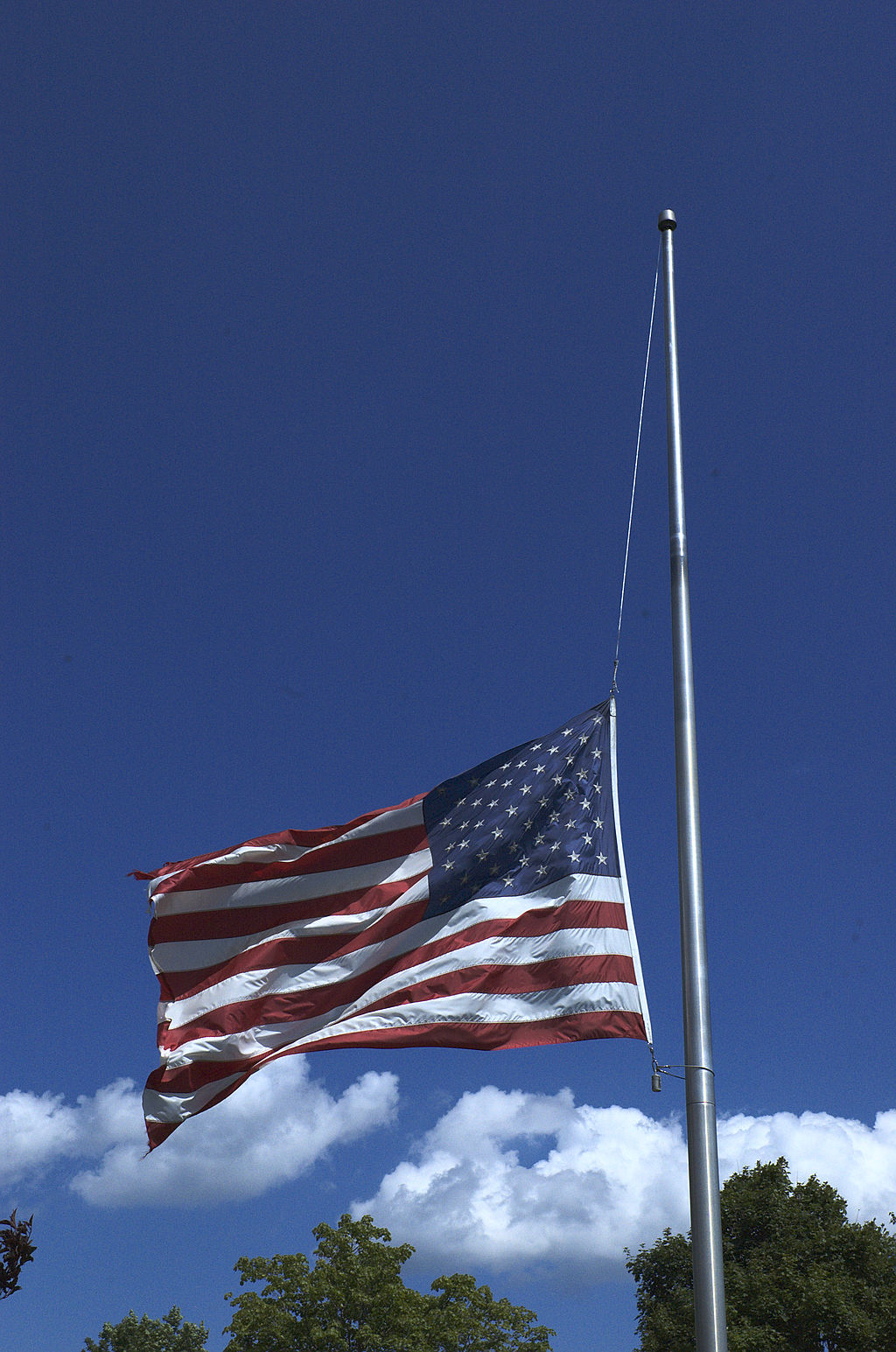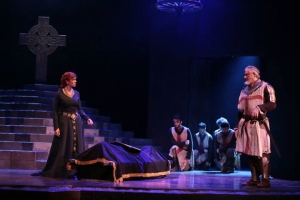By Adam S. Keck (Own work; click photo for Creative Commons license)
This blog was never meant to be a political pulpit.
I’m not eloquent when it comes to expressing my opinions, I’m not convinced you can really change anyone’s mind, and I’m uncomfortable with confrontation to the point of phobia. That said, I can’t stay quiet about the gun problem in America. But here’s my rationale for this post: most Americans are in favor of common sense gun control, especially when it comes to assault rifles and universal background checks.
I’m not expecting anyone to change their mind. I’m asking people to start speaking up for what they believe in. If you disagree with me on this, that’s your right. I’m hoping that the multitudes who want meaningful gun control policy will raise their voices to drown yours out.
You can post on social media platforms, but those who agree will already agree, and those who don’t will ignore you (at best) or attack you. You can try writing (or calling) the White House if you think that will work. To the best of my knowledge, the more effective tactic is to call your elected representatives. I use the site 5 Calls to help me keep track of the issues that matter to me, and I recommend it.
The following are some thoughts from a few people (more eloquent than I) regarding gun control.
Cookie:
If you feel the need to own a gun for self-defense or protecting your home, fine, get one; our current interpretation of the Second Amendment permits it. But you don’t need, and shouldn’t have the ability to obtain, a semi-automatic weapon. That is NOT your Second Amendment right. We have speed limits on our roads for public safety and need limits on guns as well. Our government put tight controls on buying decongestants when some clever person figured out how to make meth out of pseudoephedrine, but they can’t seem to manage to regulate guns that are used for mass murders on a frighteningly regular basis in this country. And it makes me sick.Heidi Stevens, Chicago Tribune:
You want better. You want change. You want it to stop. You wanted it to stop after Virginia Tech. After Sandy Hook Elementary. After Fort Hood. After Emanuel African Methodist Episcopal in Charleston, S.C. After Pulse.
You want your children to live in a world where it’s harder to slaughter people. You want them to live in a country that tries harder to stop the slaughter.
You want to believe one of these mass shootings will be the one. The one that makes us decide assault rifles don’t make us safer. (How can a good guy with a gun stop a bad guy shooting from 32 stories above the ground?)James Corden, The Late Late Show:
I saw a quote from Robert Kennedy that stayed with me today. He said that “Tragedy is a tool for the living to gain wisdom, not a guide by which to live.”
Now is the time for gaining that wisdom. Somewhere, it has to stop. Maybe the time for the thoughts and prayers of Congress members and the president have passed. We need to look to them to actually do something to prevent this from ever happening in the future.Jimmy Kimmel Live:
Senate Majority Leader Mitch McConnell, Speaker of the House Paul Ryan, a number of other lawmakers who won’t do anything about this because the NRA has their balls in a money clip, also sent their thoughts and their prayers today, which is good. They should be praying. They should be praying for God to forgive them for letting the gun lobby run this country, because it’s so crazy.
Right now, there are loopholes in the law that let people avoid background checks if they buy a gun privately from another party, if they buy a gun online or at a gun show. So I want to show you something. These are the faces of the senators who, days after the shooting in Orlando, voted against a bill that would have closed those loopholes. These are the 56 senators who didn’t want to do anything about that.Stephen Colbert, The Late Show:
(Addressing Donald Trump) Want to make America great again? Do something the last two presidents haven’t been able to do. Pass any kind of common-sense gun control legislation that the vast majority of Americans want. Because if we are facing pure evil, then by all means, offer thoughts and prayers. But think about what you need to do and pray for the courage to do it.
Again, 5 Calls. Maybe you’re already subscribed but if not, it’s incredibly easy.
If you have another (constructive) idea, I’ll share it in the comments.






